Home>Interior Design>How To Create Good Feng Shui In Your Home: 10 Tips For Every Room
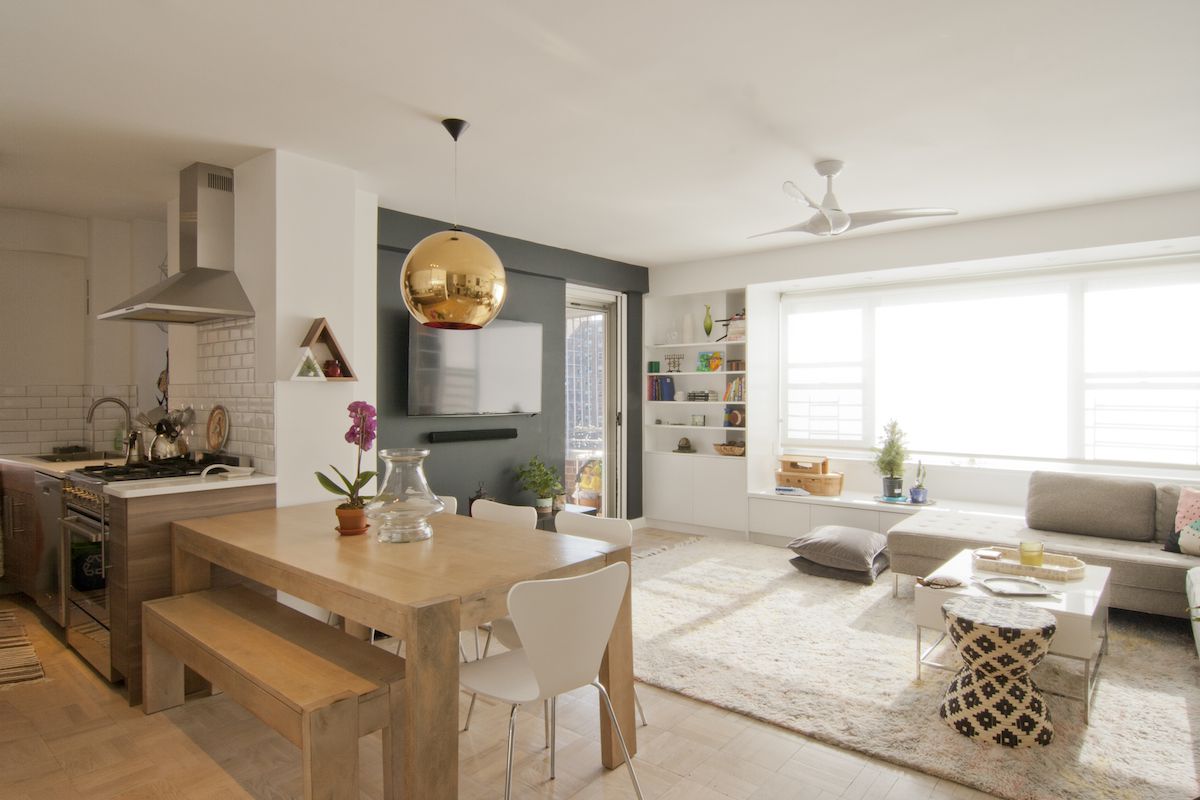

Interior Design
How To Create Good Feng Shui In Your Home: 10 Tips For Every Room
Modified: October 20, 2024
Learn how to create good Feng Shui in your home with these 10 essential interior design tips for every room. Enhance the flow of positive energy and create a harmonious living space.
(Many of the links in this article redirect to a specific reviewed product. Your purchase of these products through affiliate links helps to generate commission for Storables.com, at no extra cost. Learn more)
Introduction
Welcome to the world of Feng Shui, where the art of arranging furniture, lighting, and decor is believed to bring positive energy and harmony to your home. If you’re looking to create a space that not only looks beautiful but also feels peaceful and balanced, then understanding and implementing Feng Shui principles is the way to go.
Feng Shui, which translates to “wind and water” in Chinese, is an ancient practice that originated over 3,000 years ago. It is based on the belief that the arrangement and placement of objects and furniture in your space can affect the flow of energy, or chi, in your home.
By optimizing the energy flow in your living environment, you can invite good luck, health, and prosperity into your life. Whether you’re a believer or not, implementing Feng Shui principles can help create a more harmonious and visually appealing home.
In this article, we will explore 10 Feng Shui tips that you can apply to every room in your house to create a balanced and positive energy flow. From the living room to the bedroom, kitchen, bathroom, home office, dining room, entryway, and outdoor spaces, we will guide you on how to optimize the energy in each area.
Keep in mind that the practice of Feng Shui is all about finding balance and creating a sense of well-being, so feel free to adapt these tips to fit your personal style and preferences. Let’s dive in and discover how to enhance the Feng Shui in your home!
Key Takeaways:
- Create a harmonious home by implementing Feng Shui principles in every room. Optimize energy flow, balance elements, and personalize spaces to nurture well-being and tranquility.
- From the living room to the outdoor spaces, harness the power of Feng Shui to promote relaxation, connection, and positive energy. Balance colors, elements, and lighting for a harmonious living environment.
Understanding Feng Shui
Before we delve into the specific tips for each room, it’s important to have a basic understanding of Feng Shui principles. Feng Shui is founded on the idea that everything in our environment is interconnected and affects our well-being, including the arrangement of furniture, colors, lighting, and even the materials used in our surroundings.
One of the key concepts in Feng Shui is the Bagua map, which is a tool used to analyze the energy flow in a space. The Bagua map divides your space into nine areas, each representing a different aspect of life, such as wealth, career, relationships, and health.
Another important principle in Feng Shui is the concept of Yin and Yang. Yin represents passive, soft, and calming energy, while Yang represents active, vibrant, and energetic energy. Balancing these two polarities is crucial for creating harmony in your home.
Incorporating the five elements, namely Wood, Fire, Earth, Metal, and Water, is another fundamental aspect of Feng Shui. Each element is associated with specific colors, shapes, and materials and can be used strategically to enhance the energy in different areas of your home.
To apply Feng Shui principles, you need to start by decluttering your space. Removing unnecessary items and organizing your belongings not only promotes better energy flow but also creates a sense of spaciousness and clarity.
Lighting is also a significant consideration in Feng Shui. Natural light is ideal, so try to maximize the amount of sunlight that enters your home. If natural light is limited, opt for full-spectrum lighting to mimic natural daylight.
Colors play a vital role in Feng Shui, as they have a direct impact on our emotions and energy levels. Each color is associated with different elements and can be used to evoke specific energies in a particular area of your home.
Ultimately, the goal of Feng Shui is to create a space that supports and enhances your well-being in all aspects of life. By understanding and implementing the basic principles, you can start to transform your home into a sanctuary of positive energy and balance.
Feng Shui Tips for the Living Room
The living room is often the heart of the home, where family and friends gather to relax and connect. Implementing Feng Shui principles in this space can create a harmonious and inviting atmosphere. Here are some tips to enhance the Feng Shui in your living room:
- Optimize furniture placement: Position your furniture in a way that promotes conversation and connection. Avoid placing furniture with their backs to the entrance, as this disrupts the flow of energy.
- Balance the elements: Incorporate all five elements of Feng Shui in your living room. For example, you can add a wooden coffee table, a water feature, a metal lamp, a plant for earth energy, and decorative objects in fiery colors for the fire element.
- Choose calming colors: Earth tones like beige, brown, and soft greens create a soothing and grounding energy in the living room. Avoid excessive use of bold and vibrant colors, as they can create a sense of restlessness.
- Enhance natural light: Allow natural light to flow into the living room by keeping windows unobstructed. If privacy is a concern, use sheer curtains or blinds that can be opened during the day.
- Add plants and greenery: Plants bring vibrant energy and purify the air. Choose plants with soft and rounded leaves, as they represent growth and abundance. Avoid plants with sharp and spiky leaves, as they can create sha chi, or negative energy.
- Clear clutter: Keep the living room free from unnecessary clutter, as it can block the flow of energy. Create designated storage spaces for items such as remote controls, books, and magazines.
- Use mirrors strategically: Mirrors can reflect and amplify energy in the living room. Place mirrors on walls that reflect beautiful views or natural light. Avoid hanging mirrors that directly face the front door, as they can push away positive energies.
- Choose comfortable seating: Invest in comfortable and supportive seating arrangements that invite relaxation and promote conversation. Opt for furniture with rounded edges instead of sharp corners, as they promote a smoother flow of energy.
- Add meaningful artwork: Choose artwork that resonates with you and creates a positive emotional response. Avoid selecting images that evoke negative emotions or depict solitary figures.
- Keep electronics organized: Conceal or minimize the visibility of electronic devices and cords, as they can create distractions and disrupt the energy flow. Use cable organizers and smart storage solutions to keep things tidy.
By following these Feng Shui tips, you can transform your living room into a space that promotes relaxation, harmony, and connection. Remember, the key is to create a space that reflects your personal style and brings joy to you and your loved ones.
Enhancing Feng Shui in the Bedroom
The bedroom is a sacred space where we retreat, rest, and rejuvenate. Implementing Feng Shui principles in the bedroom can help create a peaceful and nurturing environment for a good night’s sleep. Here are some tips to enhance the Feng Shui in your bedroom:
- Position the bed properly: Place your bed in a position where you can see the door, but avoid having the bed directly in line with the door. This creates a sense of security and allows for better energy flow.
- Use a solid headboard: A solid headboard is essential for providing stability and support, symbolically and energetically. Avoid headboards with sharp edges or those made of mirrors, as they can create restlessness.
- Create a soothing color palette: Choose soft, calming colors for the bedroom, such as light blues, soft greens, or gentle pastels. These colors promote relaxation and tranquility.
- Avoid excessive electronics: Keep electronic devices to a minimum in the bedroom, as they can disrupt sleep patterns and interfere with the energy flow. If you must have electronics, place them at a distance from the bed and turn them off or put them on sleep mode at night.
- Clear the clutter: Keep the bedroom clutter-free to promote a sense of calm and tranquility. Use storage solutions to keep belongings organized and out of sight.
- Balance the elements: Incorporate all five elements in the bedroom to create balance and harmony. For example, you can add a wooden nightstand, a water feature like a small fountain or a tabletop waterfall, a metal lamp, a plant for earth energy, and soft lighting for fire energy.
- Choose soft lighting: Use dimmers or soft lighting fixtures in the bedroom to create a cozy and relaxed ambiance. Avoid harsh overhead lighting, as it can create an intense and disruptive energy.
- Avoid mirrors facing the bed: Mirrors reflect and amplify energy, which can be unsettling during sleep. If you do have a mirror in the bedroom, make sure it’s not directly facing the bed.
- Introduce calming aromas: Use essential oils or natural air fresheners with soothing scents like lavender or chamomile to create a relaxing atmosphere. Choose high-quality, natural products to avoid introducing toxins into the bedroom.
- Create a personal sanctuary: Decorate your bedroom with meaningful items, such as photos, artwork, or symbols that bring you joy and create a sense of peace. Personalize the space to reflect your personality and preferences.
By implementing these Feng Shui tips, you can create a restful and harmonious bedroom that promotes relaxation and a deep, rejuvenating sleep. Remember, your bedroom should be a sanctuary that supports your well-being and allows you to wake up feeling refreshed and energized.
Creating Positive Energy in the Kitchen
The kitchen is not just a place for cooking; it is also the heart of the home, where nourishing meals and meaningful conversations take place. Implementing Feng Shui principles in the kitchen can enhance the flow of positive energy and create a vibrant and inviting space. Here are some tips to create positive energy in your kitchen:
- Maintain a clean and organized space: A clean and clutter-free kitchen promotes positive energy and efficient food preparation. Keep countertops clear and organized by storing utensils and appliances in cabinets or drawers.
- Keep the stove clean: The stove represents wealth and abundance in Feng Shui. Keep your stove clean and in good working condition to symbolize abundance flowing into your home. Use all of the burners regularly, even if it’s just for a few minutes.
- Balance the elements: Incorporate all five elements in the kitchen to create a harmonious energy flow. For example, you can have wooden cutting boards, metal cookware, a water element like a small indoor herb garden, earthy elements like ceramic dishes, and a fire element represented by the stove.
- Embrace natural light: Allow natural light to fill your kitchen whenever possible. Natural light not only creates an inviting atmosphere but also enhances the positive energy in the space. Use sheer curtains or blinds to diffuse sunlight if needed.
- Choose uplifting colors: Opt for light, warm, and neutral colors for the kitchen. Colors like white, cream, beige, or light yellow promote a sense of cleanliness, nourishment, and positivity. Avoid dark or gloomy colors, as they can create a heavy and stagnant energy.
- Use fresh ingredients: Incorporating fresh fruits, vegetables, and herbs into your kitchen not only promotes a healthy lifestyle but also brings in vibrant energy. Display these ingredients in a beautiful bowl or basket as a visual reminder of nourishment and abundance.
- Keep knives out of sight: Knives have a cutting energy that can disrupt the positive flow of chi in the kitchen. Store your knives in a closed drawer or knife block to minimize their intrusive energy.
- Add plants and herbs: Bringing plants and fresh herbs into the kitchen not only adds a touch of natural beauty but also purifies the air and enhances the energy. Choose plants with rounded leaves and vibrant colors to bring in positive vibrations.
- Balance yin and yang: Balance the yin and yang energies in the kitchen by creating a balance between soft and hard surfaces. For example, if you have sleek countertops, balance it with soft textiles like curtains or chair cushions.
- Avoid clutter on the refrigerator: The refrigerator is a significant appliance in the kitchen, and keeping it clutter-free helps maintain a sense of cleanliness and order. Avoid covering the refrigerator with magnets or excessive papers.
By implementing these Feng Shui tips in your kitchen, you can create a harmonious and positive space that supports nourishment, abundance, and togetherness. The kitchen will become a place where positive energy flows, encouraging delightful meals and memorable moments with loved ones.
Improving Feng Shui in the Bathroom
The bathroom is often considered a challenging space when it comes to Feng Shui due to its association with water, which can symbolize the draining of energy. However, by applying some Feng Shui principles, you can create a harmonious and rejuvenating bathroom environment. Here are some tips for improving the Feng Shui in your bathroom:
- Keep it clean and clutter-free: A clean and organized bathroom promotes positive energy flow and a sense of serenity. Keep countertops clear and store personal items in cabinets or drawers.
- Adequate ventilation and lighting: Proper ventilation and lighting are essential in the bathroom to ensure good energy flow and prevent stagnation. Install a high-quality, bright light fixture and use a fan or open windows to keep the air fresh and circulating.
- Balance the elements: Incorporate all five elements in the bathroom to create balance and harmony. For example, you can enhance the earth element with terracotta pots or ceramic accessories, bring in the metal element with silver or chrome fixtures, use plants to represent the wood element, and have water features like a small fountain to amplify the water element.
- Create privacy: Privacy is crucial in the bathroom for a sense of comfort and relaxation. Use blinds, curtains, or frosted glass for windows to maintain privacy while still allowing natural light to enter the space.
- Use soothing colors: Choose soft, soothing colors for the bathroom to create a spa-like atmosphere. Neutral tones, pastel shades, or light blues and greens promote a sense of tranquility and calmness.
- Avoid mirrors facing the toilet: Mirrors should not directly face the toilet as it symbolically doubles the energy of waste and drains positive chi. If there is a mirror facing the toilet, consider relocating it or covering it when not in use.
- Keep the toilet lid down: Always keep the toilet lid closed when not in use. This helps contain and prevent the energy from flowing out and keeps the bathroom energy more positive and harmonious.
- Add natural elements: Incorporate natural elements like plants, seashells, or crystals to bring in positive energy and create a connection to the natural world. These elements can also offset any negative energy associated with water.
- Ensure proper drainage: Make sure all plumbing and drainage systems in the bathroom are in good working condition. Any leaks or clogs can create stagnant energy and negatively impact the overall energy flow.
- Use scents mindfully: Select natural scents like lavender, eucalyptus, or citrus to create a refreshing and uplifting bathroom atmosphere. Avoid synthetic or overpowering scents, as they can create an imbalance in the energy.
By implementing these Feng Shui tips, you can transform your bathroom into a harmonious and revitalizing space. Creating a positive bathroom environment will not only enhance your well-being but also contribute to the overall Feng Shui energy in your home.
Place a mirror in the dining room to reflect abundance and prosperity. Make sure it doesn’t directly reflect the dining table to avoid disrupting the energy during meals.
Harnessing Good Energy in the Home Office
The home office is a space where you need focus, productivity, and creativity. Harnessing good energy in this area is essential to support your work and achieve your goals. By incorporating Feng Shui principles into your home office, you can create a harmonious and inspiring workspace. Here are some tips to harness good energy in your home office:
- Choose the right location: Ideally, the home office should be located in a quiet area away from distractions. If possible, avoid setting up your office in the bedroom, as it can blur the boundaries between work and rest.
- Position your desk correctly: Place your desk in the commanding position, facing the door and with a solid wall behind you. This allows you to have a clear view of the room and gives you a sense of stability and control.
- Let in natural light: Natural light is vital for a productive and uplifting atmosphere. Position your desk near a window or use full-spectrum lighting to mimic natural daylight in case of insufficient natural light.
- Keep it clutter-free: Clutter in your workspace can create mental clutter and impede your productivity. Keep your desk organized and clutter-free by using storage solutions and minimizing unnecessary items.
- Balance the elements: Incorporate all five elements of Feng Shui into your home office. For example, you can place a small indoor plant (wood element), use a metal desk lamp or accessories (metal element), incorporate a small water feature like a tabletop fountain (water element), have earthy tones or pottery (earth element), and add a touch of red or orange for fire energy.
- Choose supportive colors: Select colors that enhance focus and productivity, such as shades of blue and green. Blue promotes concentration, while green symbolizes growth and balance. Avoid overly stimulating colors like bright red or busy patterns that can distract your focus.
- Use a comfortable chair: Invest in a supportive and ergonomic chair that promotes good posture and comfort. Your chair should have a solid back and adjustable height to ensure proper alignment and minimize physical strain.
- Include meaningful artwork: Decorate your home office with artwork or images that inspire you and reflect your professional goals. Choose pieces that evoke positive emotions and motivate you to be productive.
- Good air quality: Ensure good air circulation in your home office by opening windows or using an air purifier. Fresh and clean air promotes mental clarity and a sense of well-being.
- Personalize your space: Make your home office feel like a personalized sanctuary by adding personal touches that inspire and motivate you. This could include family photos, motivational quotes, or meaningful objects that bring you joy.
By implementing these Feng Shui tips, you can create a supportive and energetically balanced home office environment. A harmonious workspace will promote focus, productivity, and creativity, leading to greater success and fulfillment in your work.
Balancing Feng Shui in the Dining Room
The dining room is a space where not only meals are enjoyed but also connections and conversations are made. Balancing Feng Shui in the dining room can create a harmonious and nourishing environment for sharing meals and fostering meaningful relationships. Here are some tips to balance Feng Shui in your dining room:
- Choose a suitable dining table: Select a dining table that is proportionate to the size of the room and accommodate the number of people in your household comfortably. A round or oval-shaped table is preferred over a rectangular one as it promotes better energy flow and encourages conversation.
- Position the dining table: Place the dining table in the center of the room, allowing even space around it. Avoid positioning the table directly under a beam or chandelier, as this can create a sense of pressure and restriction.
- Balance the elements: Incorporate all five elements of Feng Shui in the dining room to create a harmonious energy flow. For example, you can have wooden furniture (wood element), display a bowl of fresh fruits or flowers (earth element), use metal cutlery or candle holders (metal element), have a flowing water feature or a mirror (water element), and incorporate warm lighting or candles (fire element).
- Choose calming colors: Choose colors for the dining room that promote relaxation and nourishment. Soft earth tones, such as beige, cream, or warm browns, create a sense of warmth and grounding. Avoid using overly stimulating colors, as they can affect digestion and harmony.
- Use natural materials: Opt for natural materials in the dining room, such as wood or bamboo furniture, linen or cotton tablecloths, and natural fiber rugs. These materials create a connection to nature and bring a sense of grounding and authenticity to the space.
- Good lighting: Ensure that the dining room is well-lit, both during daytime and evening meals. Natural light is ideal, so if possible, position the dining table near a window. Use soft and warm lighting fixtures to create a cozy and inviting ambiance for evening meals.
- Encourage abundance: Display a bowl of fresh fruits or healthy food on the dining table as a symbol of abundance and nourishment. This invites positive energy and encourages a sense of gratitude for the food you eat.
- Keep the dining area clutter-free: A clutter-free dining room promotes a peaceful and inviting atmosphere. Clear away unnecessary items from the dining table and ensure that there is ample space for movement around the table.
- Hang a mirror: Hanging a mirror in the dining room can create a sense of expansiveness and reflect the abundance of food on the table. However, make sure it does not directly reflect the dining table, as this can create an energetic imbalance.
- Add symbolic artwork or decor: Incorporate meaningful artwork or decor that symbolizes abundance, connection, or nourishment. This can be in the form of paintings, sculptures, or symbolic objects that resonate with the energy you want to cultivate in the dining room.
By balancing Feng Shui in your dining room, you can create a space that not only facilitates nourishment for the body but also nurtures connection and harmony among family and friends. Enjoying meals in a harmonious environment enhances both physical and emotional well-being, leading to a more fulfilling dining experience.
Enhancing Feng Shui in the Entryway
The entryway is the first impression of your home and sets the tone for the energy that flows throughout. Enhancing Feng Shui in the entryway can create a welcoming and harmonious atmosphere for both you and your guests. Here are some tips to enhance Feng Shui in your entryway:
- Clear the clutter: Keep the entryway clean and clutter-free to allow positive energy to flow freely into your home. Remove any shoes, coats, or items that are not necessary for the entryway.
- Create a strong and inviting front door: Your front door is the mouth of energy for your home. Make sure it is in good condition, well-maintained, and has a clear and distinct entrance. Add a fresh coat of paint or update the hardware if needed.
- Optimize lighting: Ensure good lighting in the entryway to create a warm and inviting atmosphere. Use soft, welcoming lights or lamps to enhance the energy and make the space feel more welcoming.
- Use mirrors strategically: Place a mirror in the entryway to expand the space and reflect positive energy. Avoid placing mirrors that directly face the front door, as they can push away positive energy when it enters.
- Add plants or flowers: Bring in the energy of nature by adding plants or fresh flowers to the entryway. Choose plants with rounded leaves or those that symbolize abundance and growth to enhance positive energy.
- Avoid sharp edges: Select furniture and decor in the entryway that have rounded or curved edges. Sharp edges create harsh energy and can disrupt the flow of positive chi.
- Create a welcoming scent: Use a natural air freshener or essential oils with a pleasant scent to create a welcoming aroma in the entryway. This can instantly set a positive tone and make your guests feel at ease.
- Hang wind chimes or bells: Hang wind chimes or bells near the entrance to invite and guide positive energy into your home. The soothing sound of wind chimes or bells can create a harmonious and calming atmosphere.
- Showcase meaningful decor: Display meaningful artwork, symbols, or objects in the entryway that align with your intentions and goals. This will create a positive and meaningful atmosphere as you enter and leave your home.
- Use a welcome mat: Place a welcome mat at the entrance of your home to signal positive energy and invite good fortune. Select a mat with positive and uplifting messages or symbols that resonate with your intention.
By enhancing Feng Shui in your entryway, you can create a positive and inviting energy that sets the stage for a harmonious home. A well-balanced and welcoming entryway not only nourishes the energy of your space but also creates a positive first impression for you and your guests.
Creating a Relaxing Atmosphere in the Bedroom
The bedroom is a sanctuary where we seek rest, relaxation, and rejuvenation. Creating a relaxing atmosphere in the bedroom is essential for promoting healthy sleep and overall well-being. By incorporating Feng Shui principles, you can transform your bedroom into a peaceful and harmonious retreat. Here are some tips for creating a relaxing atmosphere in your bedroom:
- Choose calming colors: Opt for soft, soothing colors that promote relaxation and tranquility. Shades of blue, green, and lavender are excellent choices for creating a calming ambiance in the bedroom.
- Create a clutter-free environment: Clutter disrupts the flow of energy and can make it difficult to relax. Keep your bedroom tidy and organized by finding suitable storage solutions for your belongings.
- Position the bed for optimal Feng Shui: Place your bed in the commanding position, where you have a clear view of the door but are not directly in line with it. This promotes a sense of safety and security, allowing for better relaxation.
- Balance the elements: Incorporate all five elements of Feng Shui in your bedroom to create balance and harmony. For example, you can include wooden furniture (wood element), soft fabrics or earthy tones (earth element), metal decor or accessories (metal element), a small water feature or a mirror (water element), and soft lighting or candles (fire element).
- Use soft, comfortable bedding: Invest in high-quality bedding that promotes comfort and relaxation. Opt for natural materials like cotton or bamboo, and choose soothing colors that complement the overall feel of the bedroom.
- Ensure proper lighting: Use soft and adjustable lighting in the bedroom to create a relaxing ambiance. Install dimmer switches on overhead lights, and incorporate bedside lamps for reading or creating a gentle glow in the evenings.
- Introduce calming scents: Use essential oils or natural room sprays with calming scents like lavender, chamomile, or jasmine to create a relaxing aroma in the bedroom. Place a few drops of oil on a cotton ball or use a diffuser to disperse the scent gently.
- Avoid electronics: Remove electronic devices from the bedroom or keep them at a distance to minimize electromagnetic fields and distractions. Create a space that is dedicated to relaxation and rejuvenation.
- Create a cozy seating area: If you have the space, create a small seating area in your bedroom where you can relax, read a book, or practice meditation. Place comfortable chairs or cushions in this area to further enhance relaxation.
- Add soothing artwork and decor: Choose artwork and decor that promotes relaxation and tranquility. Images of nature, serene landscapes, or abstract art with calming colors can help create a soothing atmosphere in the bedroom.
By implementing these Feng Shui tips, you can create a relaxing and nurturing atmosphere in your bedroom. Remember, the bedroom should be a space dedicated to rest and rejuvenation, and balancing the energy in this room will greatly contribute to your overall well-being and quality of sleep.
Bringing Harmony to the Outdoor Spaces
The outdoor spaces around your home have the potential to create a harmonious and refreshing environment that extends your living space beyond the walls. By incorporating Feng Shui principles into your outdoor areas, you can create a balanced and inviting atmosphere. Here are some tips for bringing harmony to your outdoor spaces:
- Create a welcoming entrance: The entrance to your home sets the tone for the energy that flows into your space. Ensure that the pathway to your front door is well-maintained, free from obstacles, and inviting. Consider adding potted plants or flowers near the entrance to enhance positive energy.
- Design comfortable seating areas: Create outdoor seating areas that are comfortable and inviting. Incorporate comfortable seating arrangements with plush pillows and cushions to promote relaxation and socializing.
- Use plants strategically: Plants play a vital role in outdoor Feng Shui. Choose plants with soft, rounded leaves and vibrant colors to bring positive energy. Place tall plants at the back of seating areas to provide a sense of enclosure and privacy. Avoid using plants with thorny or pointed leaves, as they can create energetic imbalances.
- Include water elements: Water features, such as fountains or small ponds, create a sense of tranquility and promote good energy flow. The sound of running water can help to relax the mind and create a peaceful ambiance.
- Balance the five elements: Incorporate all five elements of Feng Shui in your outdoor spaces. Use fire elements, such as outdoor fire pits or candles, to create warmth and vibrant energy. Add metal elements, like outdoor sculptures or wind chimes, to bring clarity and focus. Use earth elements, such as stones or pottery, to ground the energy. Incorporate wood elements with wooden furniture or planters. And of course, harness the water element with water features or birdbaths.
- Define functional areas: Create distinct areas in your outdoor spaces for different activities, such as dining, lounging, or gardening. This helps to organize the energy and allows for clear intentions and purpose in each area.
- Ensure good lighting: Outdoor lighting plays a crucial role in extending the usability of your outdoor spaces into the evening. Use soft and warm lighting, such as string lights or lanterns, to create a cozy and inviting atmosphere.
- Encourage movement and flow: Provide clear pathways and open spaces that allow energy to flow freely. Avoid placing obstacles or clutter in the outdoor areas that might disrupt the energy flow.
- Embrace natural materials: Use natural materials, such as wood, stone, and rattan, in your outdoor furniture and decor. These materials create a connection to nature and bring a sense of grounding and authenticity to the space.
- Consider the surroundings: Take into account the natural elements in your outdoor spaces, such as trees, mountains, or bodies of water. Work with these elements to enhance the natural beauty and energy of the environment.
By incorporating these Feng Shui principles into your outdoor spaces, you can create harmonious and inviting areas that promote relaxation, connection, and a deeper connection with nature. Enjoy the beauty and serenity of your outdoor spaces as an extension of your home and a sanctuary for positive energy.
Conclusion
Feng Shui is about more than just arranging furniture and decor in a visually appealing way. It is a practice that aims to create a harmonious and balanced living environment, where positive energy flows freely. By understanding and implementing Feng Shui principles in every room of your home, you can create spaces that not only look beautiful but also promote overall well-being and a sense of harmony.
From the living room to the bedroom, kitchen, bathroom, home office, dining room, entryway, and outdoor spaces, each area has its own unique energy that can be enhanced with mindful design choices. Through the balance of colors, elements, lighting, organization, and thoughtful placement of furniture, you can optimize the flow of energy, or chi, within your space.
Remember, Feng Shui is about finding balance and creating an environment that supports your personal goals, desires, and intentions. It is not a rigid set of rules but rather a guiding principle that can be adapted to suit your individual preferences and needs.
As you incorporate Feng Shui into your home, allow the energy to guide you. Trust your instincts and let your intuition guide your decisions on how to arrange and decorate each space. Remember that creating a harmonious home is a journey, and it may take time to find the perfect balance.
Ultimately, a home that embraces Feng Shui principles becomes a sanctuary that nurtures your well-being and supports your goals and aspirations. Through careful and intentional design choices, you can transform your living spaces into havens of positive energy, beauty, and tranquility.
So, whether you’re a believer in the ancient principles of Feng Shui or simply want to create a more balanced and visually appealing home, incorporating these tips can help you achieve a sense of harmony in every room. Embrace the power of Feng Shui and watch as your living spaces become more than just physical spaces, but reflections of your inner peace and well-being.
Frequently Asked Questions about How To Create Good Feng Shui In Your Home: 10 Tips For Every Room
Was this page helpful?
At Storables.com, we guarantee accurate and reliable information. Our content, validated by Expert Board Contributors, is crafted following stringent Editorial Policies. We're committed to providing you with well-researched, expert-backed insights for all your informational needs.
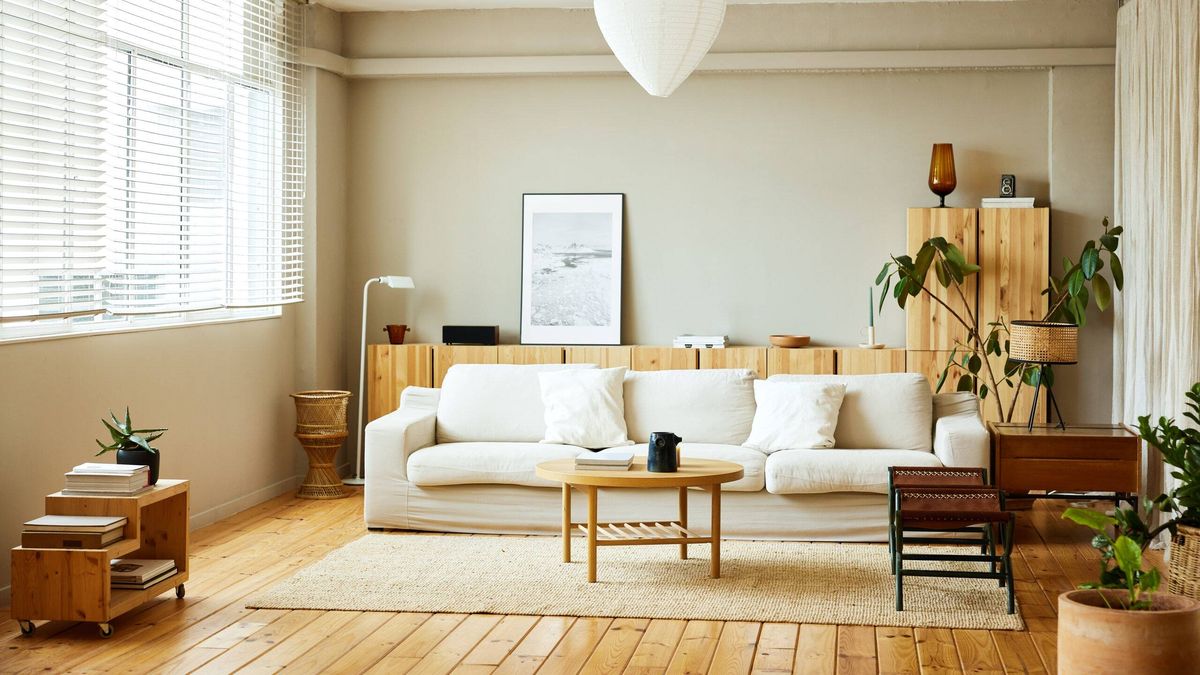
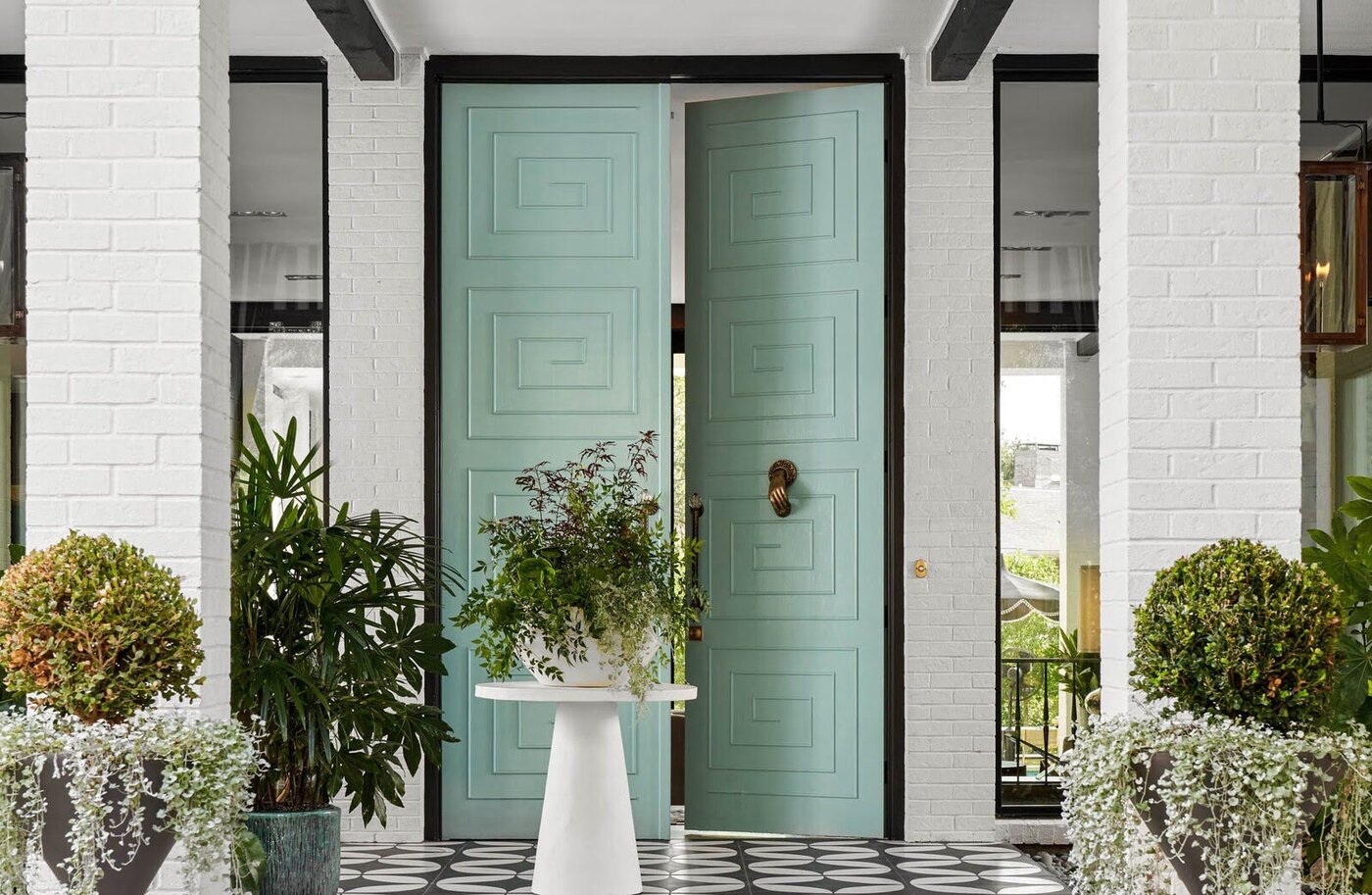
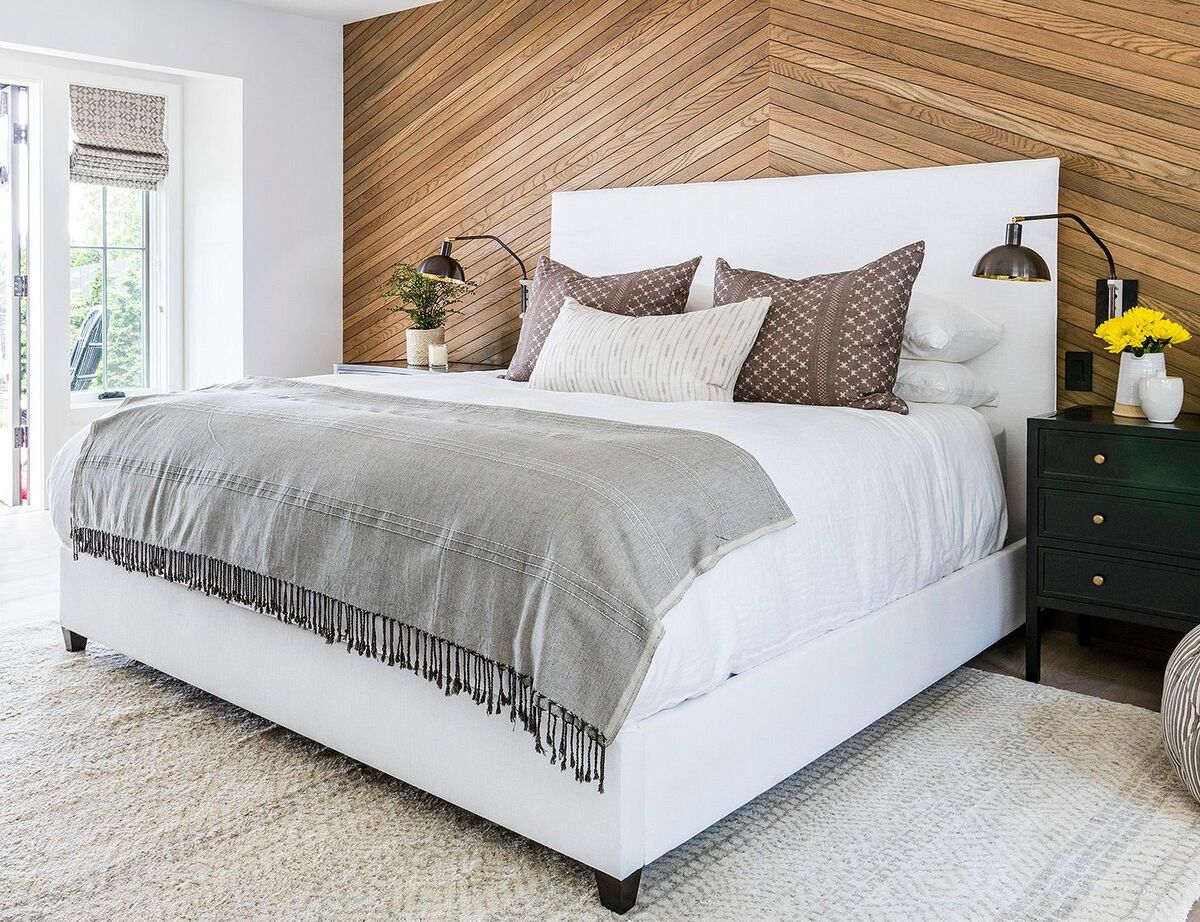
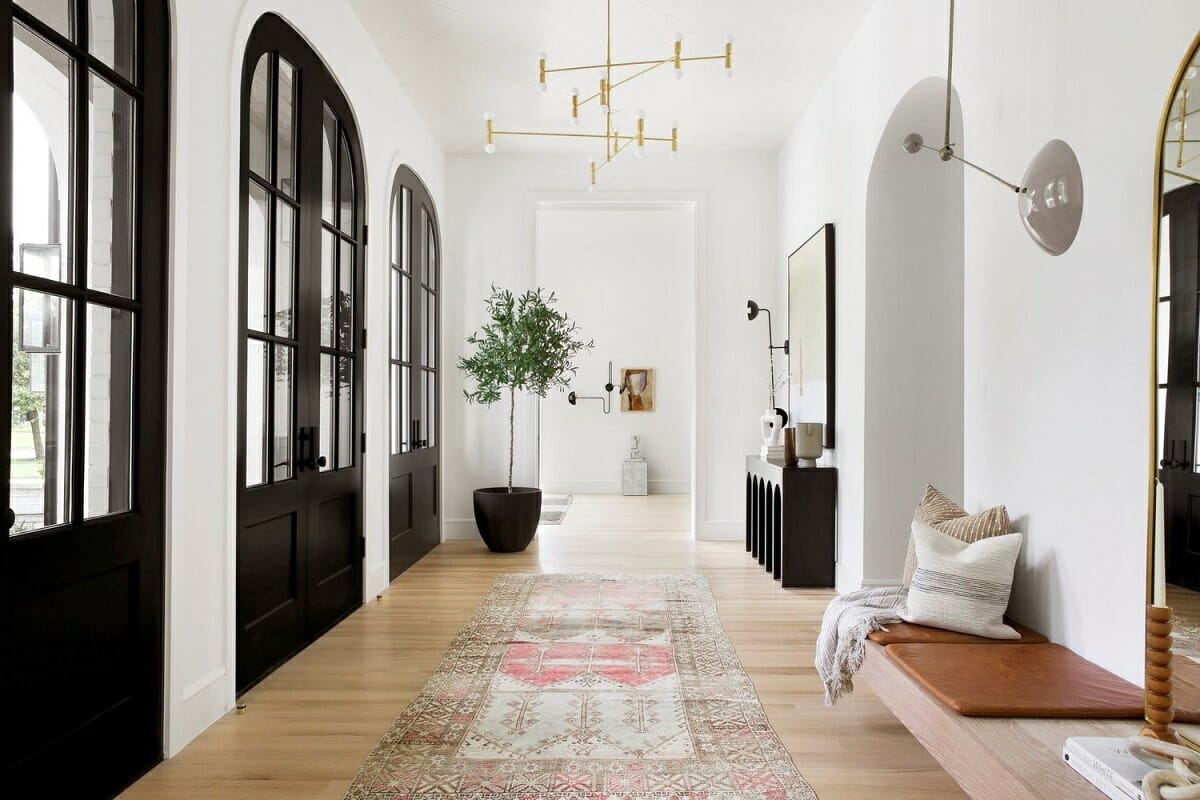
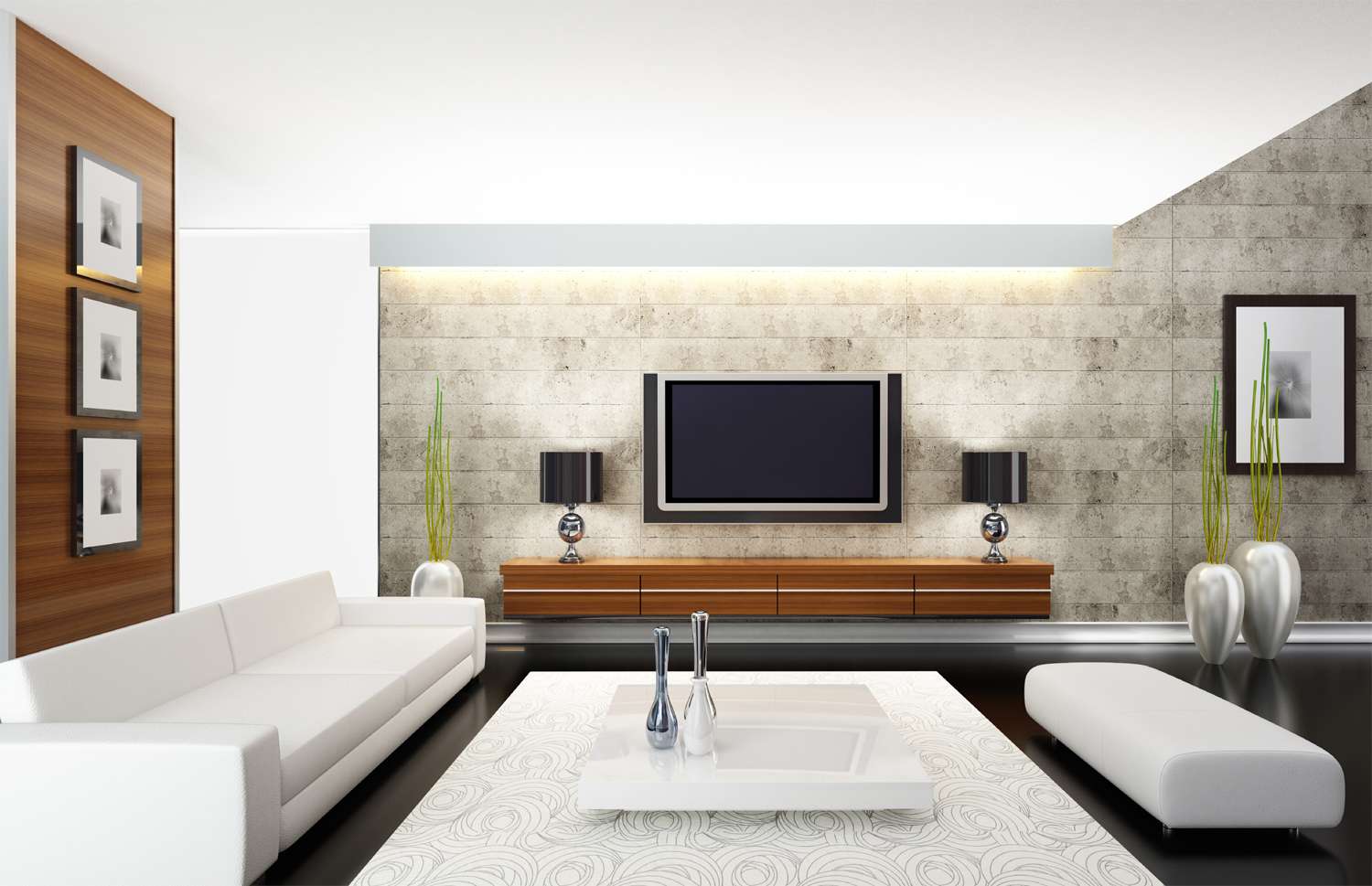
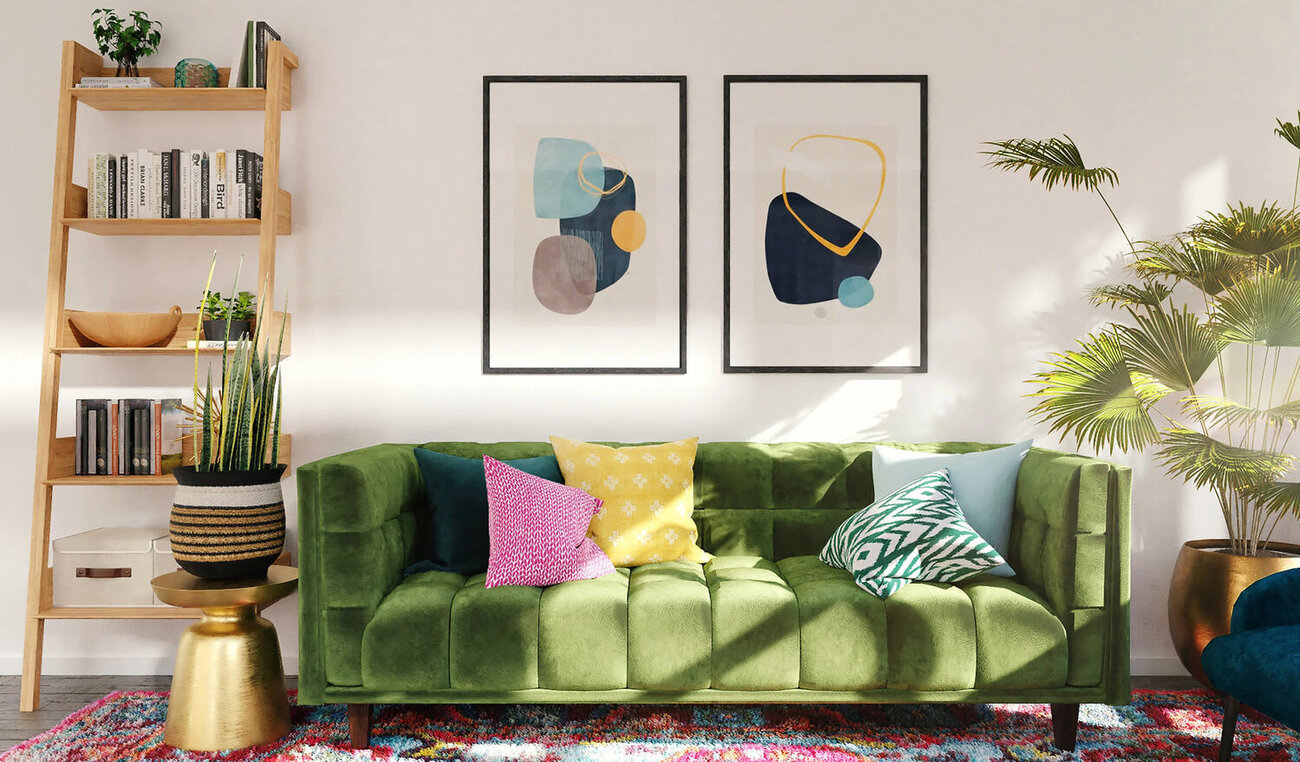
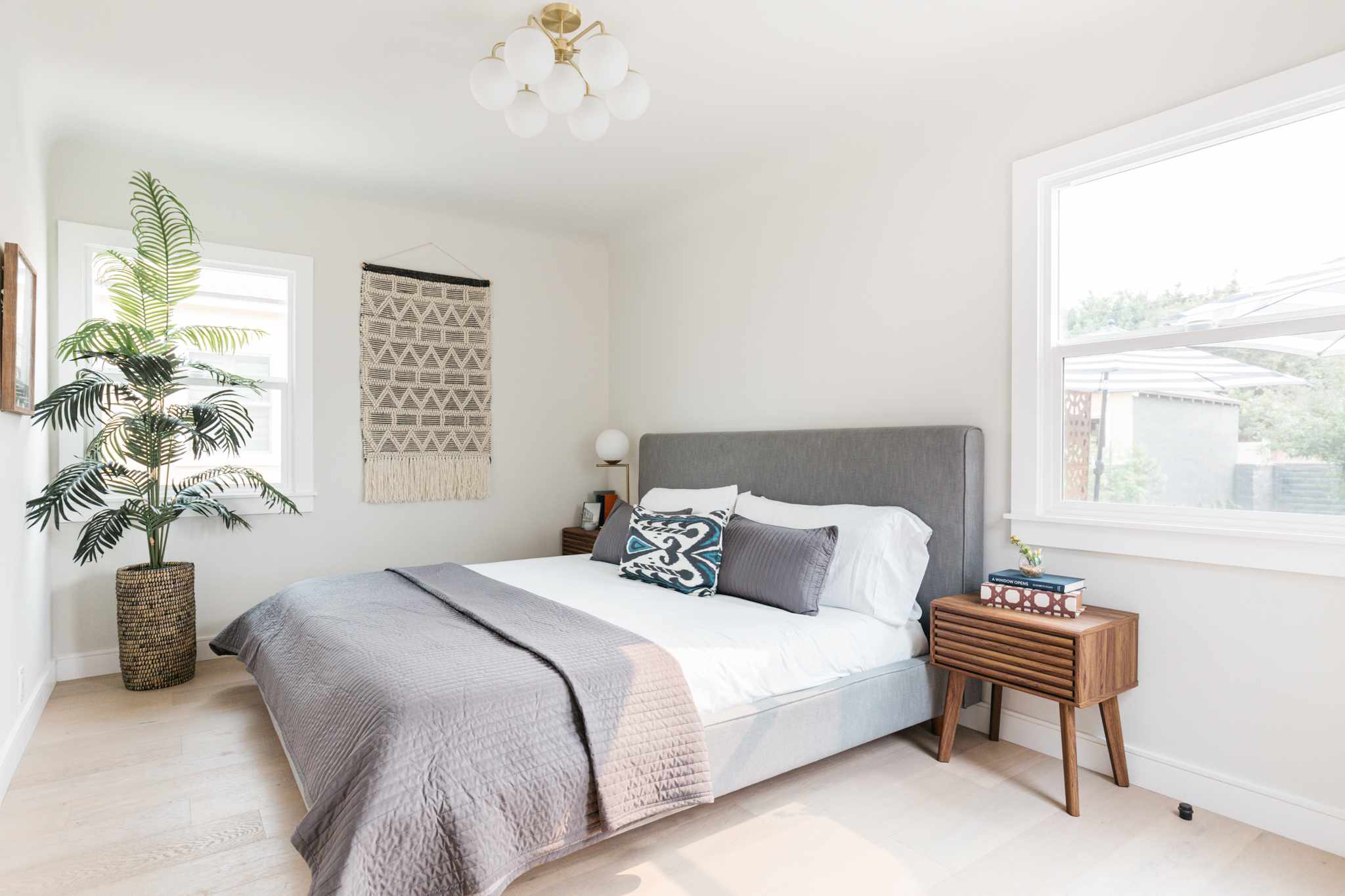
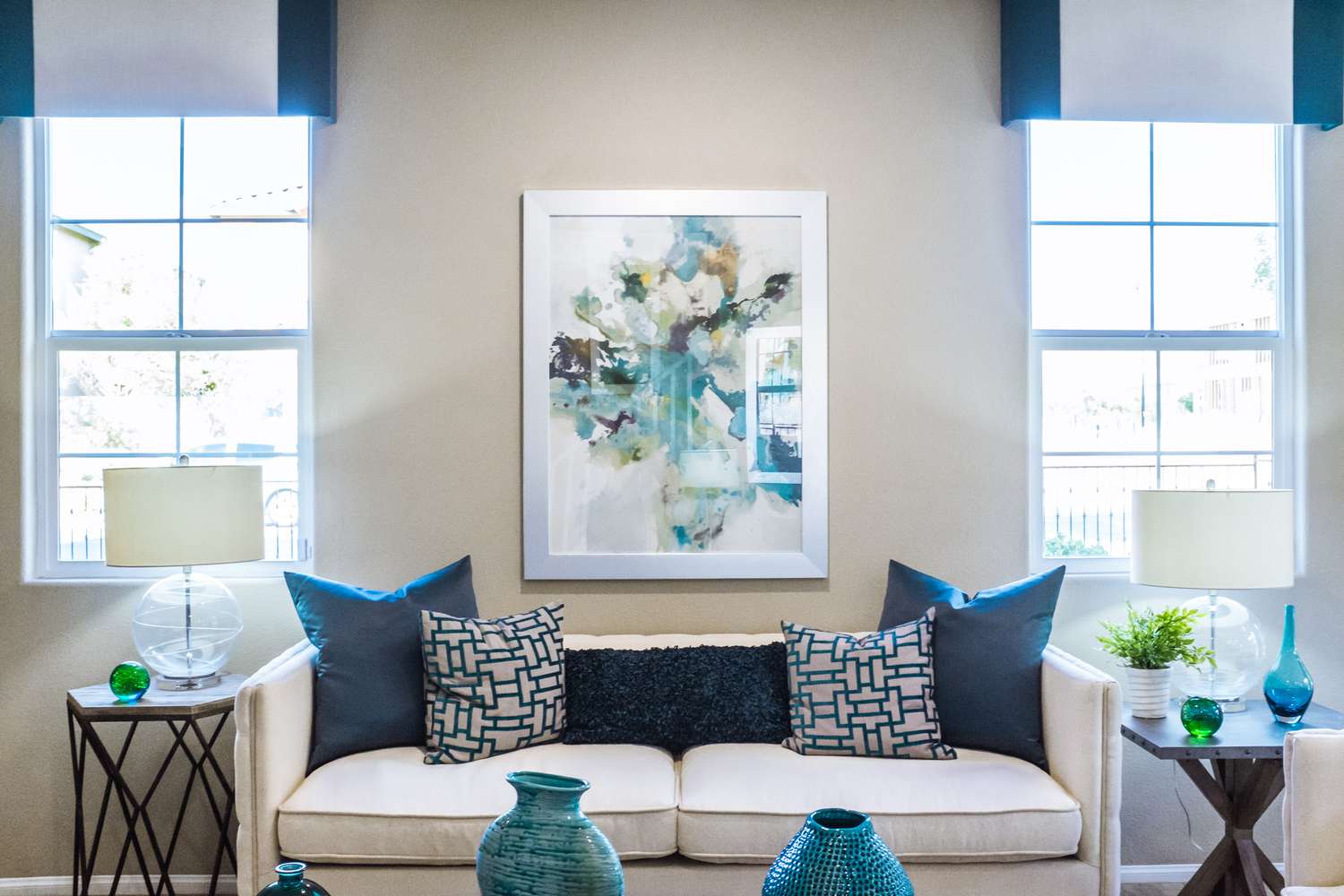
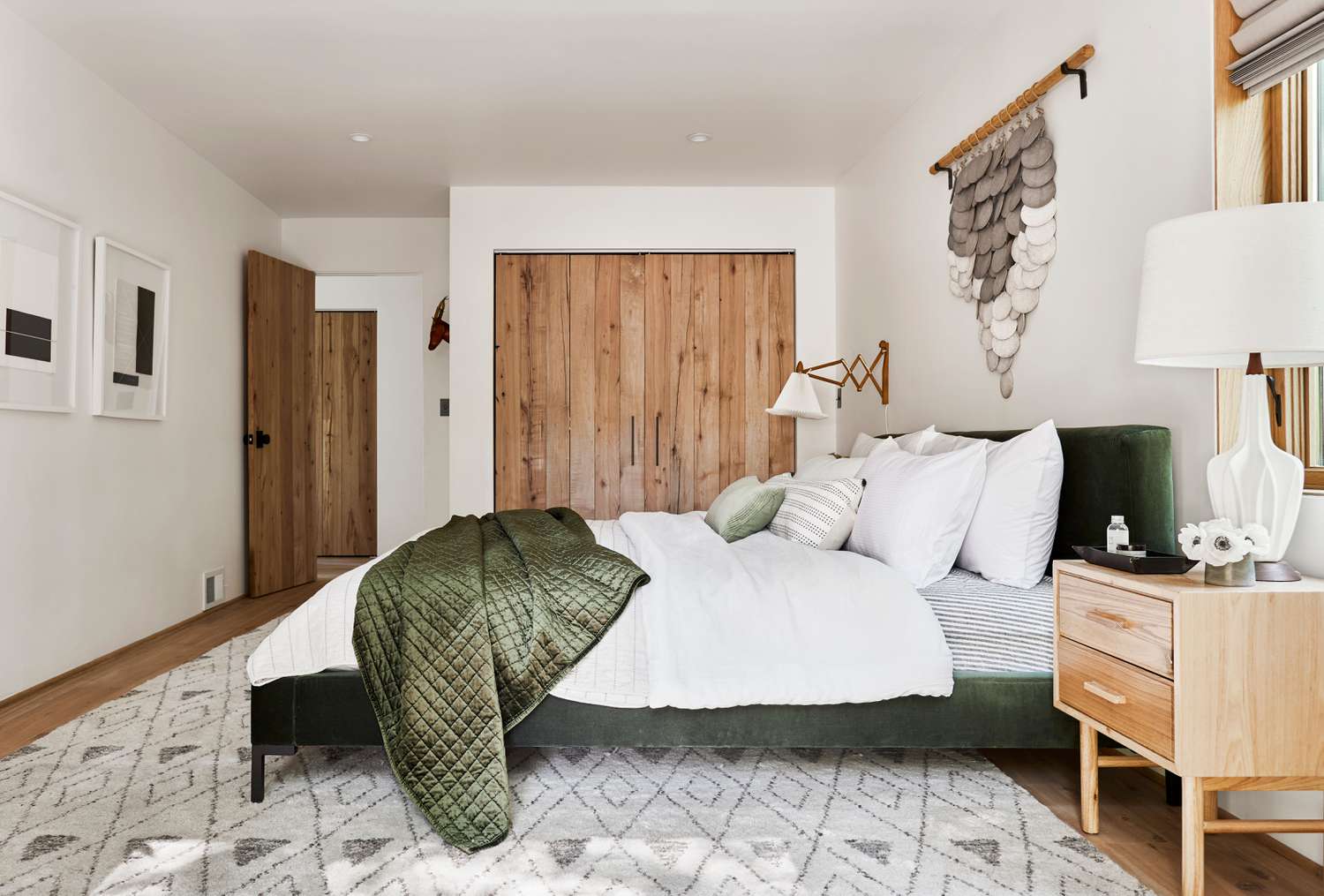
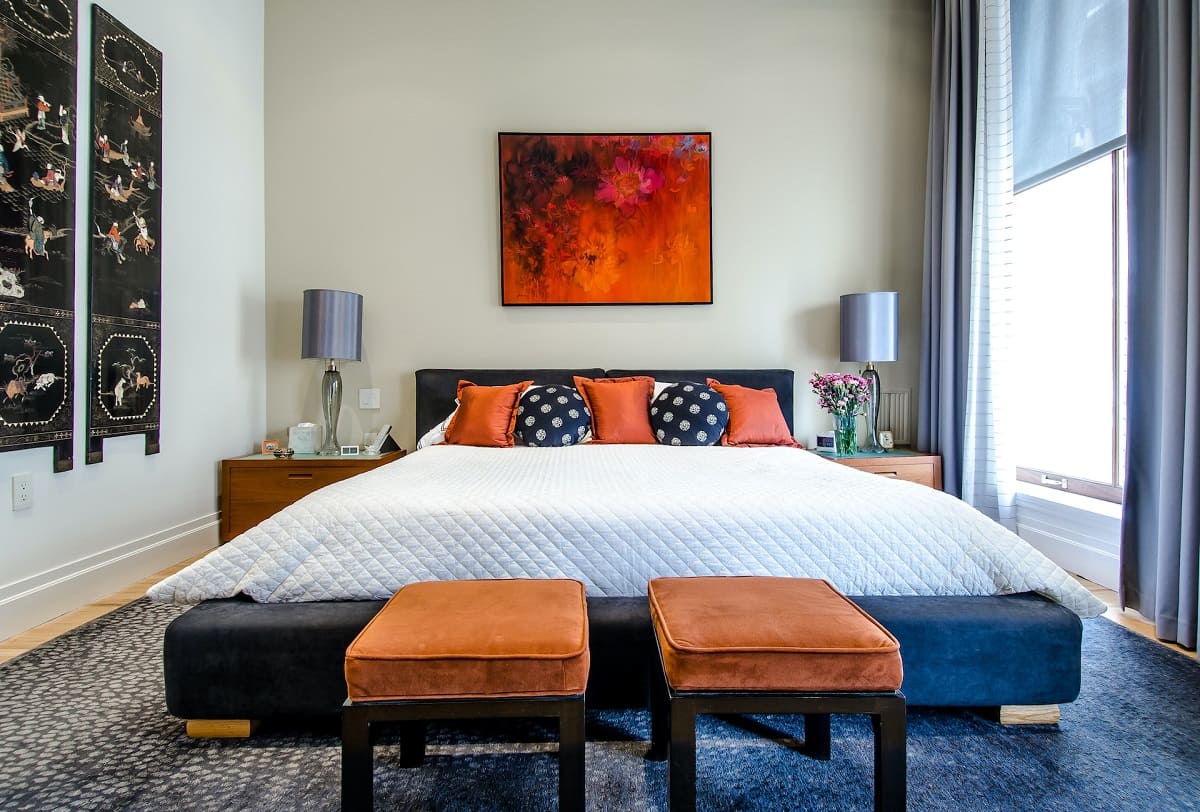
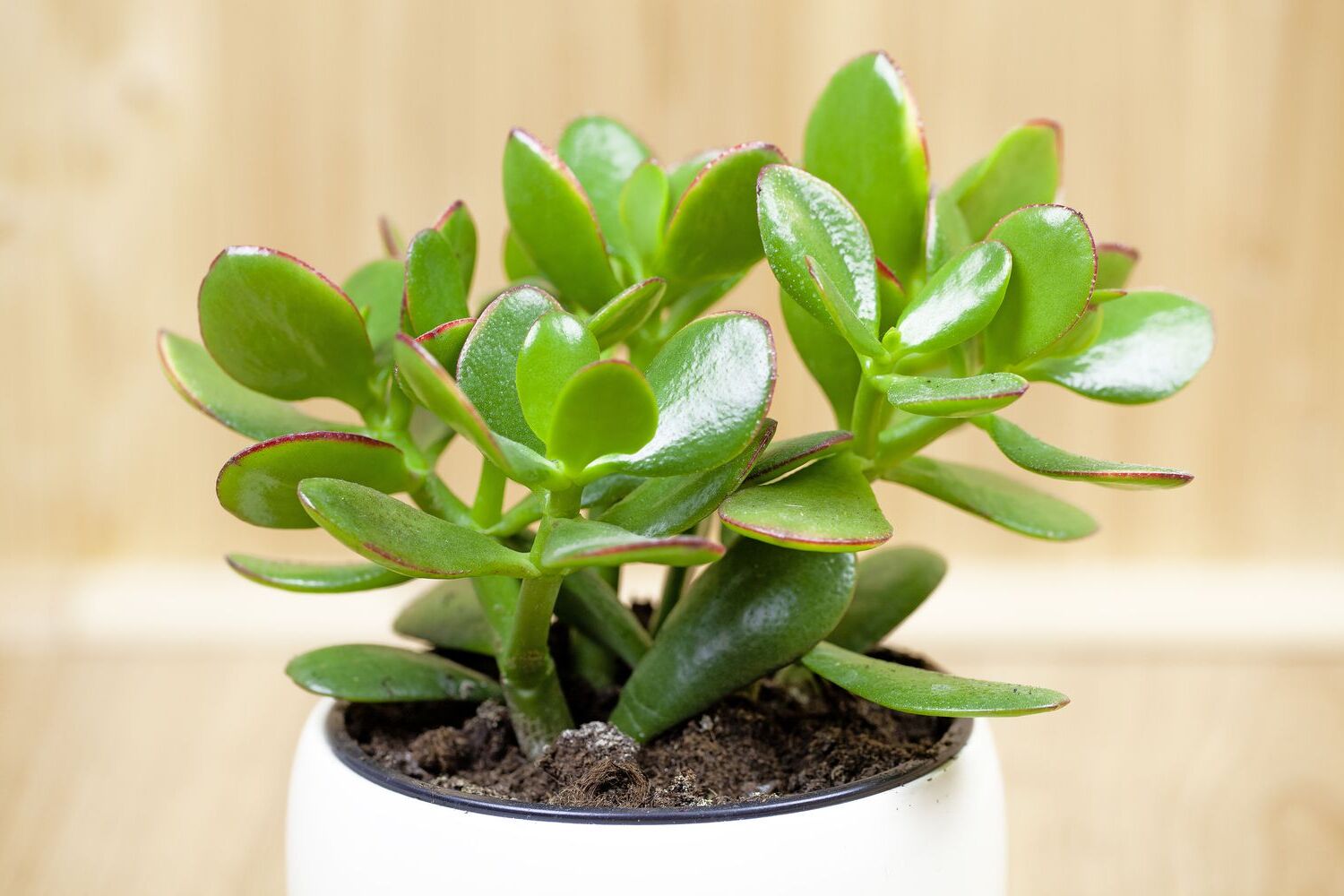
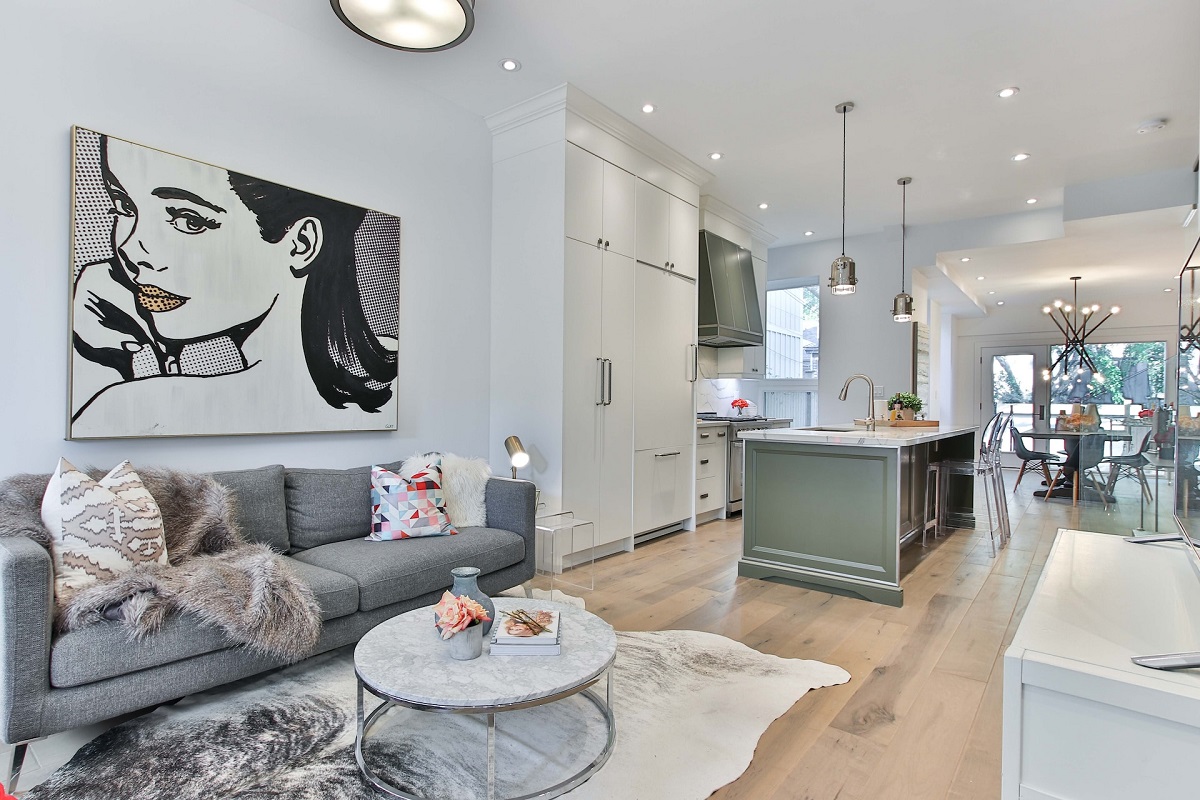


0 thoughts on “How To Create Good Feng Shui In Your Home: 10 Tips For Every Room”